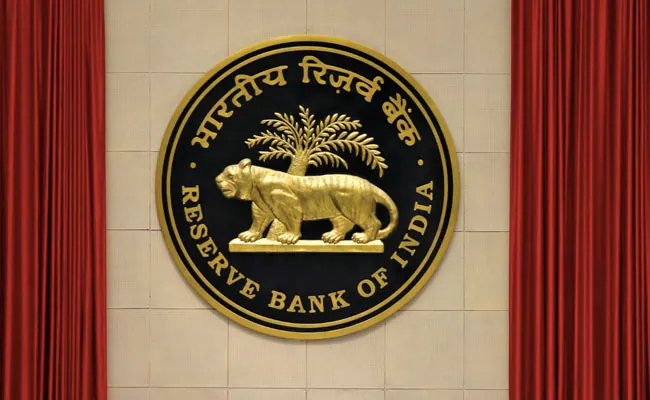news details |
|
|
| RBI likely to maintain status quo on key rates to support growth: Experts | | |  The Reserve Bank of India (RBI) is likely to maintain status quo on interest rates in its forthcoming monetary policy review but may change the stance in view of retail inflation piercing its upper tolerance limit, global uncertainties created by the ongoing Russia-Ukraine war and the urgency to protect and boost growth, feel experts. The Reserve Bank of India (RBI) is likely to maintain status quo on interest rates in its forthcoming monetary policy review but may change the stance in view of retail inflation piercing its upper tolerance limit, global uncertainties created by the ongoing Russia-Ukraine war and the urgency to protect and boost growth, feel experts.
RBI's Monetary Policy Committee (MPC) headed by Governor Shaktikanta Das will be holding its first meeting of 2022-23 from April 6 to 8. It will announce the decision on the lending rates on April 8.
Aditi Nayar, Chief Economist of rating agency ICRA said that the MPC is expected to revise up its Consumer Price Index (CPI) - based inflation or retail inflation forecast, whereas the growth projections for 2022-23 would be pared.
"Nevertheless, the MPC is unlikely to sacrifice growth to control imported inflation. With the upper threshold of the medium-term inflation target range being as high as 6 per cent, the MPC is likely to remain growth supportive for longer than other central banks. Overall, we expect a status quo policy in April 2022," she said.
Given the current uncertainties, Suman Chowdhury, Chief Analytical Officer, Acuité Ratings & Research, opined that RBI "has limited scope to tighten monetary policy".
Amidst the deleterious impact of the war, the RBI will be walking a tightrope on its monetary policy decisions, striving to control inflation within the tolerance band while at the same time supporting nascent growth impulses, he said.
"Going forward, we expect the RBI to restore the width of the LAF corridor to its pre-pandemic levels by hiking the reverse repo rate by 40 bps over Jun-Aug 2022 policy review, followed by a cumulative 50 bps hike in the repo rate in the rest of 2022-23," Chowdhury said.
On the other hand, Dhruv Agarwala, Group CEO, Housing.com, Makaan.com & PropTiger.com, said that given the increase in inflationary pressure due to the war in Ukraine, it will be difficult for the RBI to continue maintaining a status quo on key policy rates in its upcoming monetary policy.
"While this would hurt the recovery process in India post the disruptions caused by the various waves of the coronavirus pandemic, the RBI may not have the flexibility to avoid a rate hike," he said.
Mr Agarwala further said any upward tweak at this stage might have an impact on real estate as well, but the numbers for the March quarter, show that the real estate sector is on a strong footing and may continue to cover the lost ground due to the pandemic on the back of strong pent-up demand.
Japanese brokerage Nomura in a research report said the RBI is likely to re-evaluate its projection for both GDP growth and CPI inflation in the upcoming policy meeting.
However, the RBI is likely to suggest that inflationary pressures are temporary, that inflation will remain below its 6 per cent upper-bound, and that monetary policy should remain supportive of growth.
Hence, even as there is a reasonable likelihood that the RBI will take its first reluctant step towards policy rate normalisation in the April 8 meeting by changing stance from 'accommodative' to 'neutral', it is likely to balance it with a dovish guidance, it said.
|
|
|
|
|
|
|
|
|
|
|
|
|
| |
| |
|
|
|
|
 |
|
|
|
|
STOCK UPDATE |
|
|
 |
| BSE
Sensex |
 |
| NSE
Nifty |
|
|
| |
CRICKET UPDATE |
|
|
|
|
|
| |
| |
|
|
| |
|
|
|
|
| |
|
|
|
|
|
|
|
|
|
|
|
|
|
